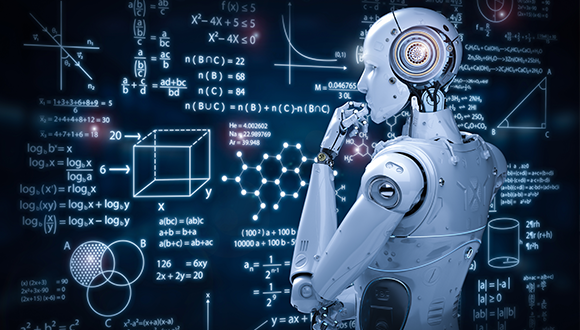The Triadic Interaction Of Parents, Toddlers & social robots
Omer Gvirsman, Ph.D student Advisor: Prof. Goren Gordon
Via Zoom click here
Abstract:
Over the past few decades, media devices such as smartphones, tablets, and interactive toys have become deeply integrated into children's lives, used for playing games, learning new concepts, or simply acting as "babysitters." However, children's independent use of media devices may have negative consequences, such as behavioral issues and impacts on social skill development. In addition, this context is suboptimal for children’s learning. Joint Media Engagement (JME), which involves parents and children interacting with media devices together, has been shown to mitigate some of these risks and improve learning gains. However, joint interaction with screen-based devices is not optimal for parents and toddlers due to touchscreen interfaces being unsuitable for very young children and promoting solitary use patterns. Social robots, designed to interact with people through natural communication modes like speech, body motion, gestures, and facial expressions, have been extensively studied in child-robot interaction for educational purposes and recently explored in triadic parent-child-robot interactions. Despite promising results, very few triadic parent-child-robot studies have been conducted, and these have focused only on shared reading experiences and engaged older children, rather than toddlers. This dissertation presents the design and testing of Patricc, a social robot platform specifically designed for triadic parent-toddler-robot interactions, and three studies exploring how Patricc's physical attributes, assigned role, and behaviors influence the engagement of parents and children with the robot and their interaction with each other. Our results indicate that Patricc's physicality promotes non-verbal parent-child communication and is overall more enjoyable compared to interacting with a tablet. Moreover, the robot's assumed role causes the parent to adapt their own role, creating different parent-child interaction styles. These findings contribute to future research, highlighting the added value of social robots in the triadic context with toddlers and contributing to a better understanding of physical embodiment design, interaction design, triadic dynamics, and the role of the robot in these interactions.
Bio:
Omer is a PhD student at the Curiosity Lab in the Industrial Engineering Department, focusing on HumanRobot Interaction, particularly with children. He earned his BSc and MSc in Mechanical Engineering from TelAviv University, where he researched insect locomotion biomechanics. Outside academia Omer invents and develops toys.
Contact:
• E-Mail: omergman@gmail.com
• LinkedIn: www.linkedin.com/in/omer-gvirsman-15763341


